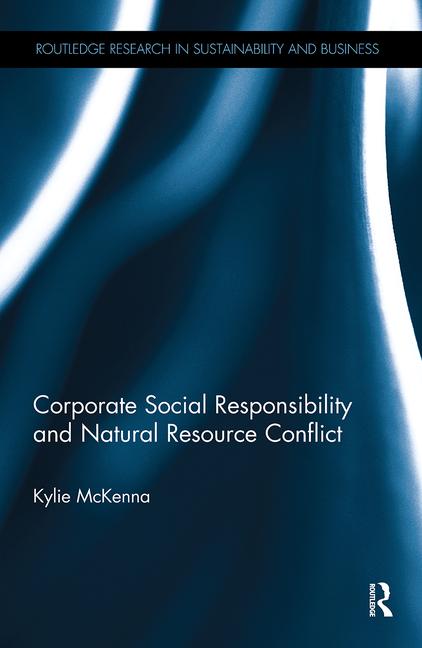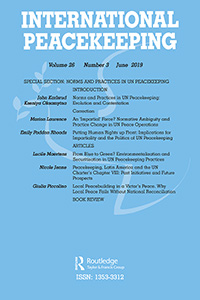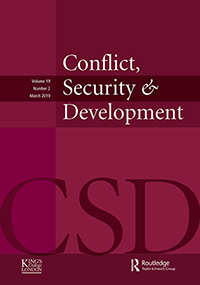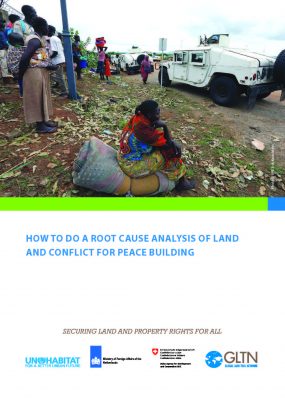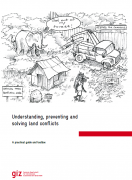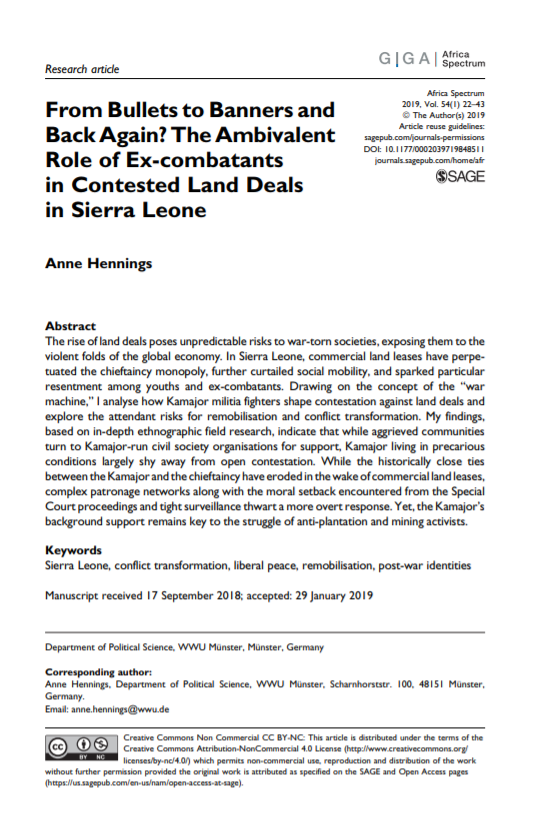Corporate Social Responsibility and Natural Resource Conflict
This book examines the possibilities and limitations of corporate social responsibility in minimising the violent conflict often associated with natural resource exploitation. Through detailed and penetrating empirical analysis, the author skilfully asks why previous corporate social responsibility practices have not always achieved their aims.

